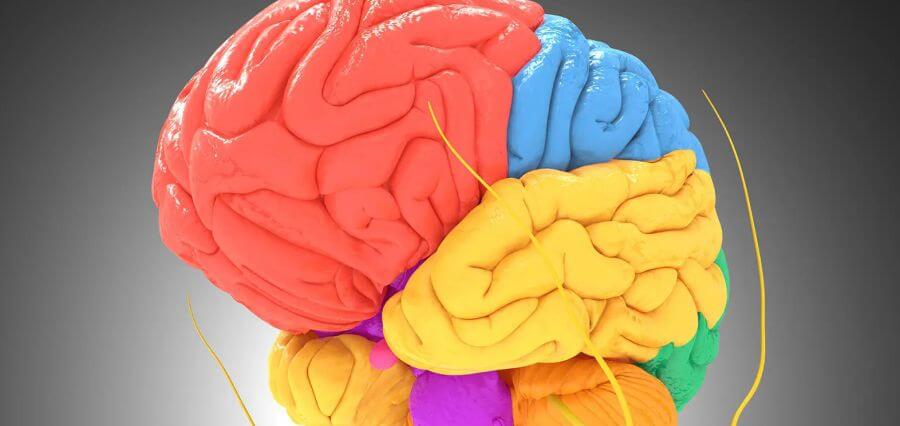An observational study revealed that cognitive tests conducted via a smartphone mobile application (app) demonstrated accurate and reliable detection of frontotemporal lobar degeneration (FTLD), also known as frontotemporal dementia (FTD).
Adam Staffaroni, PhD, from the University of California San Francisco (UCSF), and colleagues reported that the smartphone tests exhibited moderate to excellent internal consistency and test-retest reliability, with an intraclass correlation coefficient range of 0.77-0.95.
The researchers found validity in the strong associations between smartphone test data and disease severity, brain volume, and neuropsychological measures, as outlined in JAMA Network Open. Moreover, smartphone measures proved to be more sensitive in detecting early stages of familial FTD.
FTD encompasses a diverse range of dementias characterized by progressive atrophy affecting the frontal or temporal lobes, or both. Onset typically occurs in individuals in their mid-50s or 60s, with approximately 15% to 30% of cases attributed to genetic factors.
The disorder gained attention following actor Bruce Willis’s diagnosis in 2023. Notably, some FTD patients, particularly those with primary progressive aphasia variants, have exhibited newfound artistic abilities.
Diagnosing FTD can be challenging, impeding clinical trial recruitment, noted co-author Adam Boxer, MD, PhD, also from UCSF. He highlighted that most FTD patients receive a diagnosis relatively late in the disease course, often due to misinterpretation of symptoms as psychiatric disorders by clinicians.
The study, conducted from January 2019 to July 2023, involved 360 participants categorized into a discovery cohort (258 individuals) and a validation cohort (102 individuals). The mean age was 54.0, with 58.1% being women.
Of the 329 participants with available disease stage data, 195 were asymptomatic or had preclinical FTD, 66 had prodromal FTD, and 68 had symptomatic FTD.
Recruited from 18 centers of a North American FTLD research consortium (ALLFTD), participants completed remote testing using their personal smartphones. They performed executive functioning tasks and an associative memory task thrice over a 2-week period through the mobile app.
Cognitive tasks were self-administered in a predetermined sequence without supervision. Participants with symptomatic FTD had study partners nearby to assist with app navigation but were instructed not to aid in testing. Tasks included an adaptive associative memory task and gamified versions of traditional executive functioning paradigms.
The smartphone tests correlated with disease severity, criterion-standard neuropsychological tests, and brain volume, underscoring their potential utility in FTD diagnosis and monitoring.
Read More: Click Here





